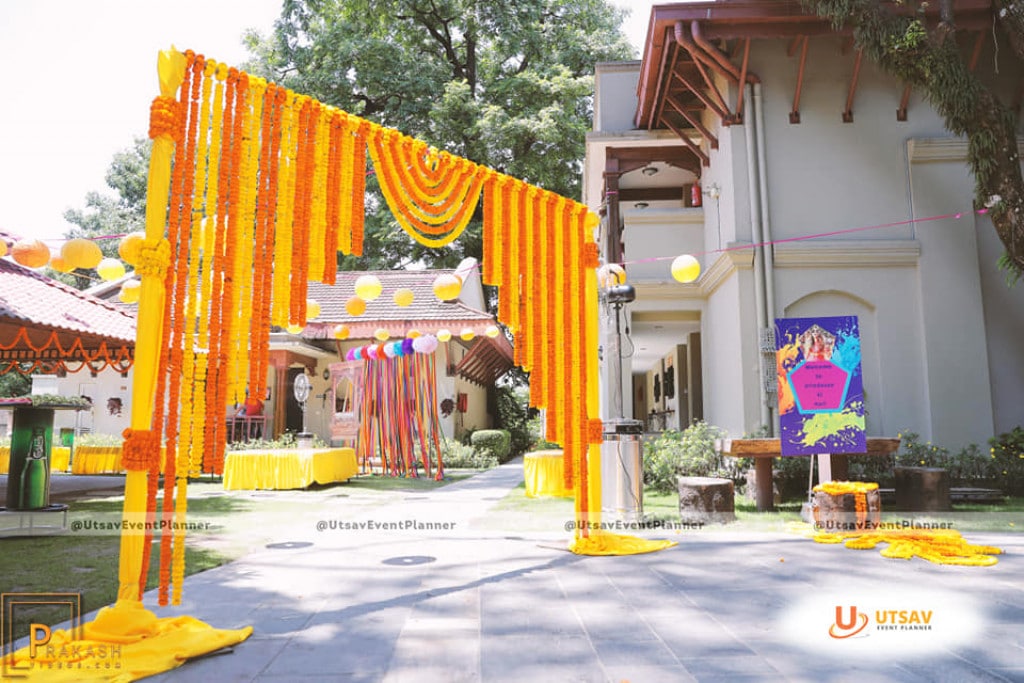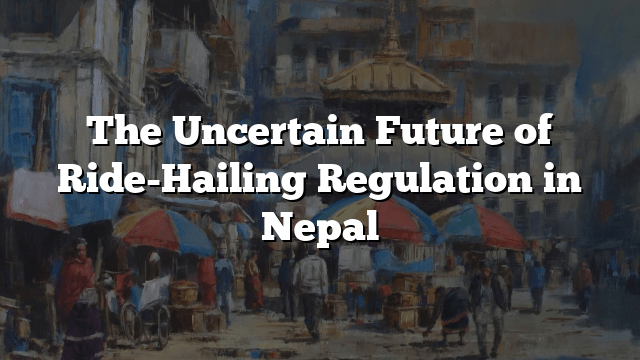
Wedding is a significant cultural event in Nepal, with elaborate ceremonies and traditions that reflect the country’s diverse ethnic and cultural heritage. The wedding industry in Nepal is a thriving sector, with various vendors and service providers offering a range of services to help couples plan and execute their dream wedding. In this article, we will explore the Nepalese wedding industry and how it compares to the global market.
The Nepalese wedding industry is a multi-billion-dollar industry, with a vast network of vendors and service providers catering to every aspect of the wedding. From wedding planners to photographers, decorators, caterers, and fashion designers, there is no shortage of options for couples planning their big day.
One of the unique aspects of the Nepalese wedding industry is the importance placed on tradition and cultural customs. Weddings in Nepal typically involve a series of events and ceremonies that span over several days, with each event serving a specific purpose and incorporating traditional customs and rituals. This emphasis on tradition and culture sets Nepalese weddings apart from other weddings around the world.
The wedding preparations in Nepal often begin months in advance, with families and communities coming together to plan and organize the various ceremonies and events. The engagement ceremony, known as “Sagai” or “Tika,” is the formal announcement of the couple’s intention to get married. It involves the exchange of gifts, blessings from the elders, and the application of a red vermillion powder mark on the forehead of the couple.
The Mehendi ceremony, known as “Rice Feeding” or “Lagan Patro,” is another important pre-wedding event where the bride’s hands and feet are adorned with intricate henna designs. This ceremony is accompanied by singing and dancing, creating a joyous atmosphere.
The wedding day itself is a culmination of several rituals and ceremonies. The Baraat, or the groom’s procession, is a grand event where the groom, accompanied by his family and friends, arrives at the wedding venue in style. The groom is traditionally mounted on a horse or carried in a decorative palanquin, while the procession is accompanied by lively music and dancing.
Upon arrival, the bride’s family welcomes the groom and his party with flower garlands and traditional blessings. The Kanyadaan ceremony follows, where the bride’s parents formally give their daughter away to the groom. This ceremony symbolizes the union of two families and the transfer of responsibility from the bride’s parents to the groom.
The Pheras, or the circling of the sacred fire, is a significant ritual in Hindu weddings. The couple walks around the fire seven times, representing their seven vows to each other. Each step signifies a promise and commitment they make for their future life together. After the pheras, the couple takes the Seven Steps, known as Saptapadi, where they make seven promises to each other, sealing their marital bond.
Food is an essential aspect of Nepalese weddings, with elaborate feasts prepared to cater to the guests. Traditional dishes such as dal bhat (lentil soup with rice), chicken curry, and various types of sweets are commonly served. Some weddings also include live music and dance performances, adding entertainment and joy to the celebrations.
The Nepalese wedding industry also provides opportunities for local artisans and craftsmen to showcase their skills. From intricate mehndi (henna) designs to handmade decorations and traditional musical instruments, the industry supports and promotes the rich heritage of Nepalese art and craftsmanship.
While the Nepalese wedding industry may not have the same level of commercialization and technological advancements as the global market, it offers a distinct and culturally rich experience for couples and their families. The emphasis on tradition and customs, the vibrant celebrations, and the involvement of local artisans make Nepalese weddings truly special and unique.
Related:



